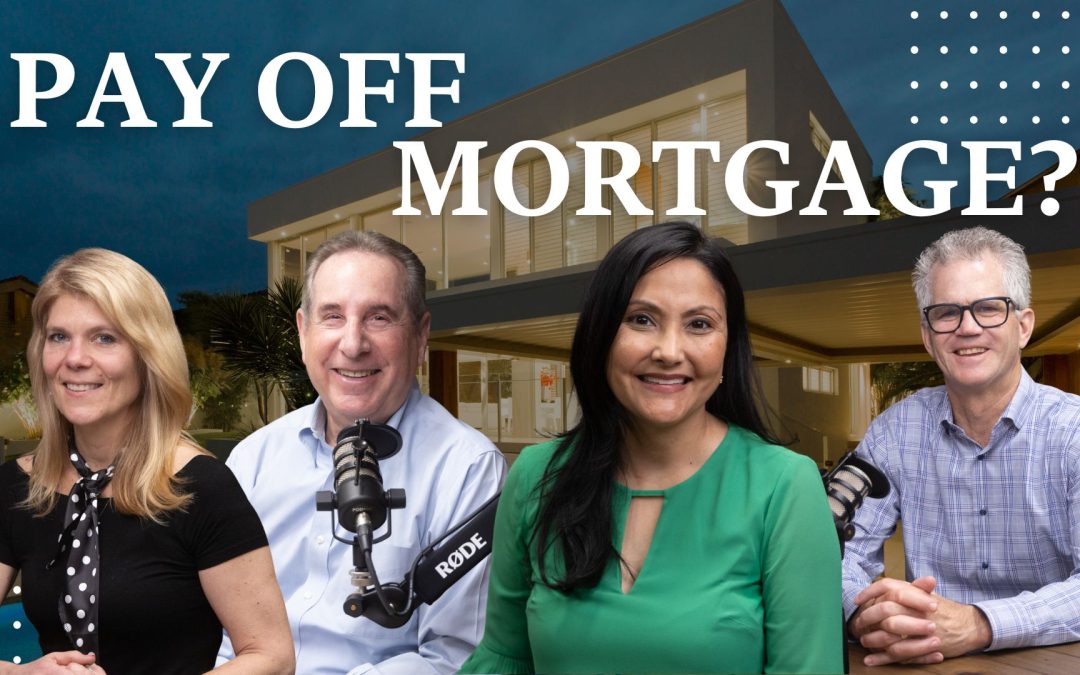
Trump’s New Account Could Change Your Child’s Future (But There’s A Catch)
📈 Meme Stocks, Trump Accounts & Market Moves — Oh My!
This week, Catherine Magaña, Steve Wolff, Greg Carroll, and Rachel Ivanovich break down everything from meme stock madness to the fine print of Trump’s new baby savings accounts. Is the Fed finally behind the curve on interest rates? And how many financial products can possibly come with more restrictions than benefits?
Get insights on:
-
Earnings surprises from S&P 500 companies
-
The real story behind tariff-fueled market momentum
-
A wild look into “Trueflation”.
-
Car loan deductions (yes, really) and estate tax updates
-
Why the Trump Account might just make your head spin
Steve wonders if we’re in a full-blown FOMO zone. It’s insightful, a little outrageous, and 100% worth your time.
🎧 Tune in now before the next market swing!
If you want to understand what’s going on in the economy, get better insight into the financial markets, and separate the sound from the noise so you can make good financial decisions, tune in now!
Date Recorded: 7-24-25
Watch the video above or click the link here to listen: https://wwmfinancial.com/podcast/
Disclosure:
WWM Financial is an SEC Registered Investment Advisor
The opinions expressed in this program are for general informational purposes only and are not intended to provide specific advice or recommendations for any individual or on any specific security. It is only intended to provide education about the financial industry and how we may be able to assist. To determine which investments may be appropriate for you, consult your financial advisor prior to investing. Any past performance discussed during this program is no guarantee of future results. As always please remember investing involves risk and possible loss of principal capital. Tax considerations presented may not be appropriate every individual circumstance. A tax professional should be consulted before making any decisions about your tax liability. wwmfinancial.com | 760.692.5190










